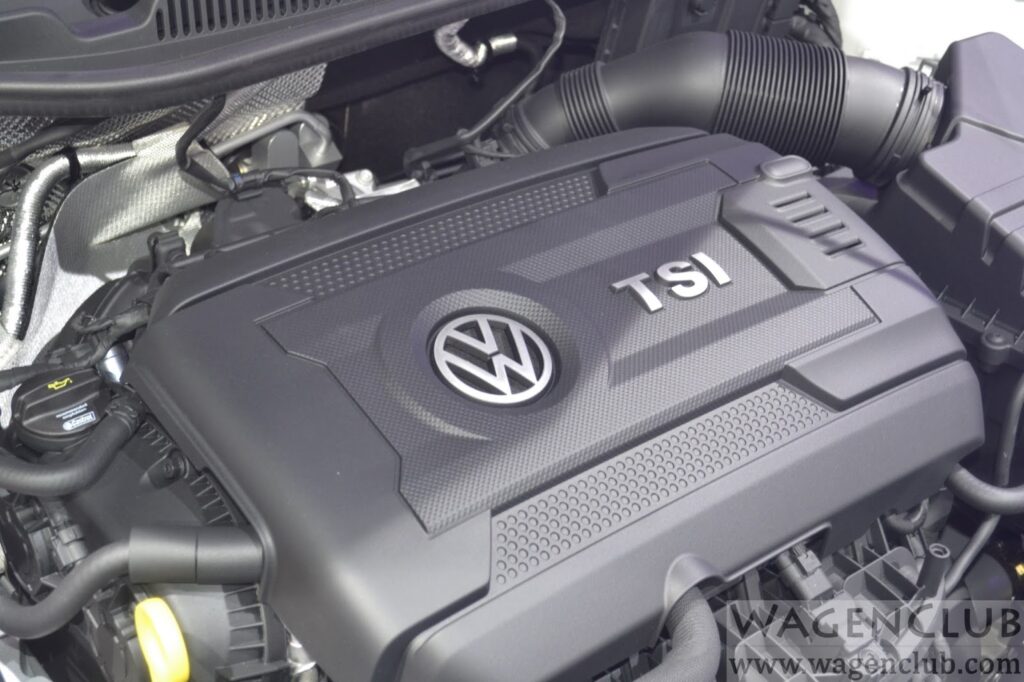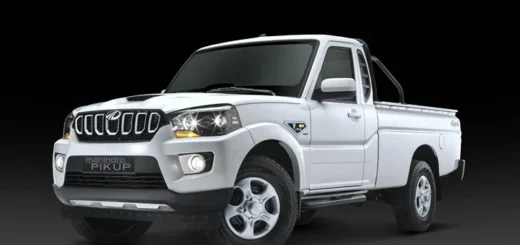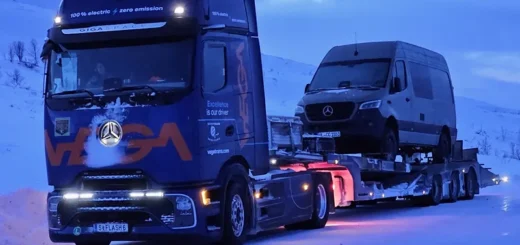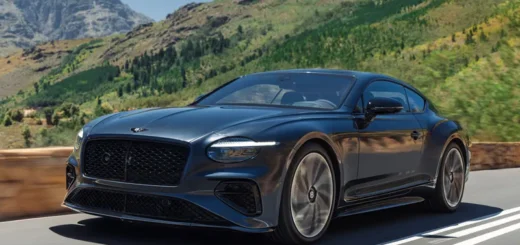Volkswagen, Audi’s ‘Dieselgate’ Emission Scandal: All You Have To Know (A-Z Explained)
Timing couldn’t be any perfect. When Volkswagen Group was lauded at the 2015 Frankfurt Motor Show last week for bringing a host of zero-emission electric concepts, the U.S’s EPA has found VW and Audi cheating on emission standards for their select diesel cars using a ‘defeat device’ in car’s ECU software that implements full pollutant controls to curb nitrogen oxide emissions only when the car is being tested for emissions.
VW now faces hefty fines, criminal charges, and a class action suit apart from being asked to recall those affected cars sold from 2009 to present. The scandal is a testimony to the fact that automaker, however reputed they are, flout emission laws of every nations including US, the big boss in all legal standards.
Here is all you have to know about the biggest scandal the Volkswagen group has tangled itself in its 78-years glorious history. “#dieselgate”
# Where it all started??
18 September, 2015 – The U.S EPA (Environmental Protection Agency) orders VW to recall close to half a million vehicles, accusing it of fiddling emission tests on diesel-powered vehicles. It asserted that VW may face penalties up to $18 billion, apart from recalling all those cars involved. A study by a research team at West Virginia University revealed much higher on-road diesel emissions than U.S regulators were seeing at tests.
20 September, 2015 – VW, after immense pressure from all sides, admitted to using software tricks (a defeat device) specifically designed to deceive federal emissions tests. Its CEO Martin Winterkorn apologised in the media for breaking the trust of customers and the public. Company ordered an external investigation into the scandal.
21 September, 2015 – Volkswagen’s shares plunged almost 20 percent. Component makers in VW’s supply chain also received huge blows at stock market including India-based Motherson Sumi Systems which supplies parts such as bumpers, mirrors, dashboard, and door trims. Its shares fell 7.22 percent on the BSE.
22 September, 2015 – VW sets aside 6.5 billion euros to cover the costs arising out of this scandal.
23 September, 2015 – CEO Martin Winterkorn quits as five-member executive committee grilled him at an ad hoc meeting. The company was under tremendous pressure to take some decisive actions as its shares have come down more than 30 percent in value since the scandal broke.
# Cars and Engine Involved
So far investigators have identified 482,000 cars sold in America between 2008 and 2015 across five model ranges including Audi A3, VW Jetta, Beetle, Golf and Passat. VW has directed all its retailers to halt the sales of these models. It has also disclosed that over 11 million cars were fitted with Type EA 189 diesel engines that has come under the scanner for ‘noticeable deviations’ in emission levels under the study. These engines include the 1.2-litre, 1.6-litre and 2.0-litre turbocharged diesels.
Apart from US, the scandal has kick started parallel probe into VW cars in different nations. South Korea has announced an inquiry into about 5000 Jetta and Audi A3 cars produced in 2014-15. The German, Italian, and French prosecutors are conducting preliminary investigations on vehicle emission test rigging at Volkswagen in their respective countries. As regulator all over the globe are yet to figure out whether similar softwares was used by VW to deceive their respective emission norms, the actual figure of cars involved all over the globe may remain unclear for some more time.
As far as India is concerned, popular models such as VW Polo, Vento and Skoda Rapid use 1.5-liter diesel engine derived from EA 189 engine range that is currently under scanner. Other cars based on VW’s PQ35 platform such Jetta, Passat, Fabia, Octavia, Laura, Superb, Audi A4, A6, and the Q5 also use engines allegedly from the EA 189 family. While the company has clarified that Euro 6 diesels, currently sold in the European Union, are strictly compliant and unaffected, but no such assurances on its vehicles sold in India is made yet.
Also Read: Volkswagen Plans To Improve Product Range With New Cars After Low Sales
While the rival German car majors BMW and Daimler, who also sell similar diesels in all segments, have claimed that their vehicles are not involved in the latest revelations.
# Why Diesels?
Unlike India where the diesel preference among cars is cost-driven, the U.S is quintessentially a petrol cars market since ages. Diesels account for a mere 3 percent of new cars market share. Both the fuels are fully deregulated and so are sold at near-equal prices. Car makers in recent years, owing to expansion of diesel cars globally, marketed diesels as fun-to-drive alternatives to petrols and mild-hybrids, often with explicit advertisements and marketing about environmental benefits. VW and Audi spearheaded “Clean Diesel” campaign in U.S. Diesel cars return hybrid-like mileage with added power and torque. As of now, every major automaker sells diesel cars in US, VW being the market leader.
# How the ‘defeat device’ works?
The software in car’s electronic control module (ECM) or what the EPA calls as “switch” determines where the car is being driven – testing facility (rolling road), normal roads, or highways – by analysing a series of factors such as position of the steering wheel, car’s speed, duration of the engine’s operation and barometric pressure, precisely tracking those parameters of U.S test procedures used for EPA certification on emissions.
This setup gave two distinct ECM calibrations for the car. VW reveals that the ‘dyno calibration‘ produced compliant emission results, while at other times during normal driving, the ‘switch’ activates ‘road calibration’ which diluted effectiveness of emission control. As a corollary outcome, the emissions of nitrogen oxide multiplied by a factor of 10 to 40 times the EPA compliant levels as per driving cycle (highway or city).
The switchable system was not intentionally declared by VW as auxiliary emission control devices (AECDs) while gaining certificate of conformity with the EPA.
# Charges against Volkswagen
Legal experts in the United States feel that VW may face multi-layered fraud charges against consumers, regulators and auto dealers for deliberately faking emission results. Apart from criminal investigation on possible violations of the U.S. Clean Air Act and broader statutes against wire fraud, several class action suits are being filed in the U.S on behalf of owners of cars involved in the crisis. They argue on the lines that they have been deceived by company’s ‘clean diesel’ campaigns and that their car’s resale values are deeply hurt.
# Repercussions
Just few months back, VW out-shined Toyota as the world’s largest automaker in the first half of this year. Although this is largely symbolic a victory, it’s one way of perceiving how global strategies in auto business are unfolding. With the emergence of this shocking diesel scam, VW’s global progress will take a huge beating. The myth of German reliability and trust among global buyers took VW into fame, and is now seen as a liability. The brand image is badly hit among informed consumers and rebuilding will take a while. In the U.S, its sales have already slumped in the first half and there is hardly any scope of recovery this year.
Also Read: The Ultimate Journey Of Volkswagen
Apart from VW’s brand reputation, the diesel technology in passenger car segment will receive huge blows in the days to come. The emission scandal could see a dip in popularity of diesel cars in mass car segments, not just in the U.S, but also Europe and Asian market.
Next, would you like to read more on Volkswagen?










